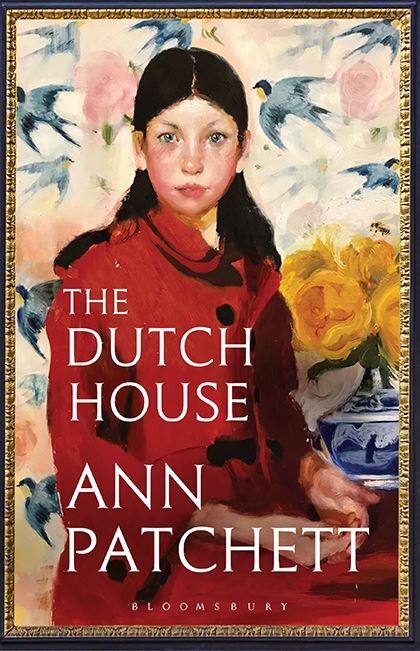Like the house that gives EM Forster’s Howards End its name, the Dutch House in Ann Patchett’s eighth novel is not always a benign space. It is situated in the suburbs of Philadelphia and was owned by a wealthy Dutch family, the Van Hoebeeks, who abandoned it and left their forbidding portraits, furniture and Delftware behind in 1945. A year later, the house is bought by Cyril Conroy, a realestate developer. But his ascetic wife, stifled by the grandeur of the house, walks out on Cyril and their two children, Maeve and Danny, to instead “help the poor of India.”
Danny narrates the story, which begins in the middle of the 20th century and stretches over 50 years. From the start, he worships his maternal sister Maeve, “her black hair like a blanket down her back.” Maeve is a striking example of Patchett’s ability to make goodness compelling and her set pieces with Andrea, the “silky chinchilla” who marries Cyril and becomes the children’s stepmother, are wonderfully drawn.





